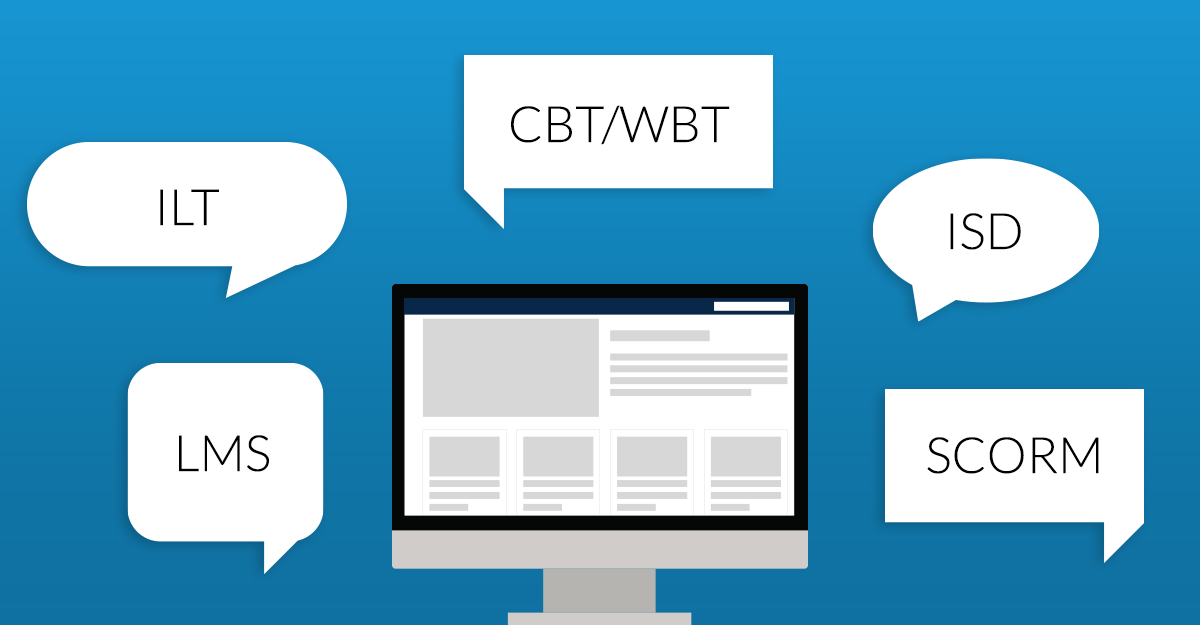Because Skilljar specializes in powering self-paced online courses, we often get asked about the benefits of using an online training platform versus other types of customer support.
Many companies begin investing in customer success by creating support resources like the following:
- A knowledge bank of support articles
- How-to video tutorials on YouTube
- Virtual webinars or office hours
These are all useful ways to help customers answer specific questions. However, offering training provides incremental benefits. We define "training" as including these additional elements:
- Learner registration (whether public, private, free, or paid)
- A structured sequence of content and learning objectives (curriculum)
- Demonstration of knowledge through course completion, certification, a project, or an assessment.
The Benefits
Now that we've defined training, let's discuss the benefits of using an online training platform, above and beyond what what other types of support can provide.



 If your training program offers instructor-led training (ILT) solely, you may be thinking about how you can expand your training strategy without massively increasing your training resources. Have you considered incorporating on-demand training into your program? The on-demand method is gaining popularity, growing from 16% of all corporate training in 2013 to 23% percent in 2014 (source:
If your training program offers instructor-led training (ILT) solely, you may be thinking about how you can expand your training strategy without massively increasing your training resources. Have you considered incorporating on-demand training into your program? The on-demand method is gaining popularity, growing from 16% of all corporate training in 2013 to 23% percent in 2014 (source: 


